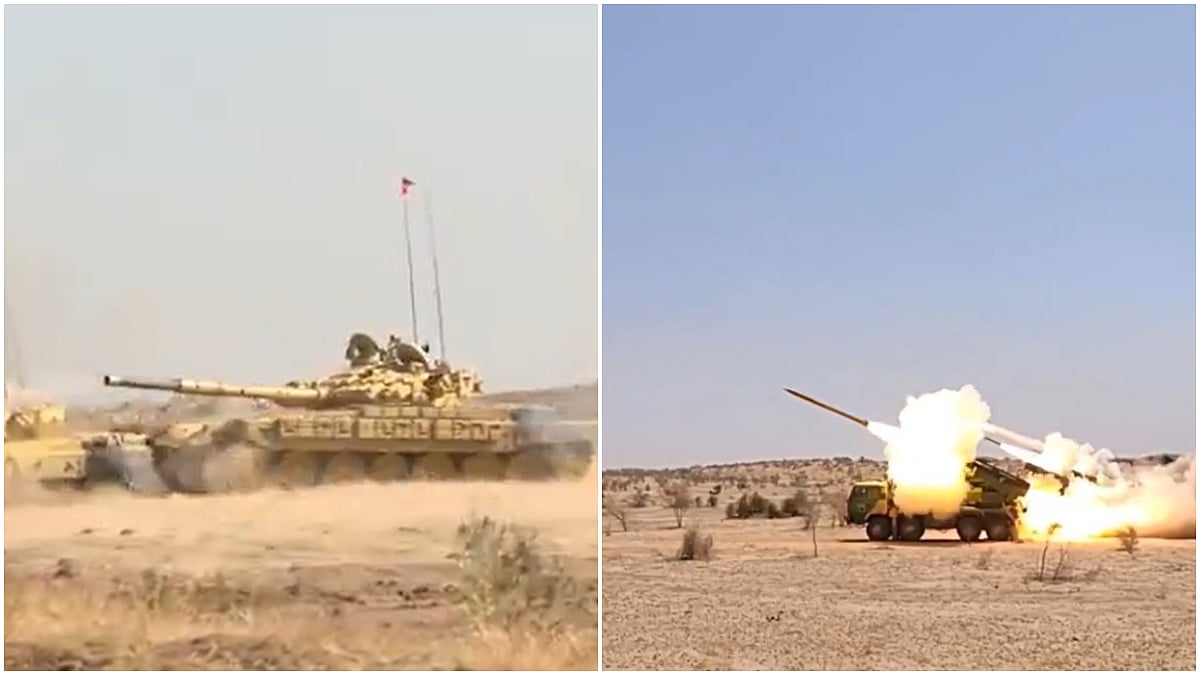Six years after Indian and Chinese soldiers ended their face-off in Doklam, a strategic plateau which is claimed by Bhutan and China, Bhutan's Prime Minister has told a Belgian newspaper that Beijing has an equal stake in finding a resolution to the lingering dispute.
The Bhutanese Prime Minister's statement is likely to cause some anxiety on the Indian side since Doklam plateau lies at a tri-junction -- between China’s Chumbi Valley to the north, Bhutan’s Ha district to the east and India’s Sikkim state to the west. It has been depicted as part of Bhutan in the Bhutanese maps since 1961, but it is also claimed by China. The dispute has not been resolved despite several rounds of border negotiations between Bhutan and China.
About significance of Doklam area
The area is of strategic importance to all three countries, especially India, since the plateau lies close to the sensitive Siliguri corridor, the narrow tract of land that separates India's north-eastern states from the rest of the country. It is not surprising therefore that India is extremely wary of any Chinese or Bhutanese move on the plateau.
''It is not up to Bhutan alone to solve the problem,'' said Prime Minister Lotay Tshering in an interview with the Belgian Daily La Libre. ''There are three of us. There is no big or small country, there are three equal countries, each counting for a third.'' Tshering further said: ''We are ready. As soon as the other two parties are ready too, we can discuss.''
What do experts say on Bhutan PM's statement?
Experts see in this a veiled hint that Thimphu is willing to negotiate the status of the tri-junction at Doklam between India, China and Bhutan, says an NDTV report.
Tshering's statement is at variance with what he had told The Hindu in 2019, that ''no side'' should do anything near the existing tri-junction point between the three countries ''unilaterally," points out the NDTV report.
China wants that tri-junction to be shifted approximately 7 km south of Batang La to a peak called Mount Gipmochi. If that were to happen, the entire Doklam plateau would legally become a part of China, a move not acceptable to New Delhi.










